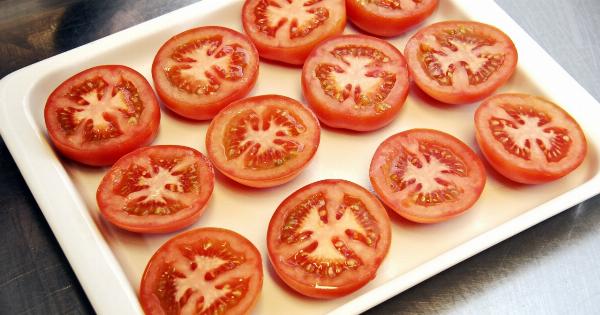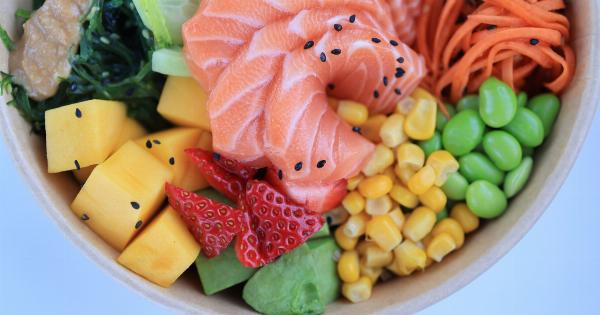Staying hydrated is essential for maintaining optimal health. While drinking enough water is important, there are also plenty of hydrating foods that can help keep you hydrated.
Including these foods in your diet can not only quench your thirst but also provide essential nutrients for your body. In this ultimate guide, we will explore the top hydrating foods that you should incorporate into your daily meals.
1. Cucumber
Cucumbers are incredibly hydrating, as they contain about 96% water content. They are also low in calories and high in vitamins K and C, making them a perfect snack for hot summer days.
You can enjoy cucumbers in salads, sandwiches, or as a refreshing addition to your water.
2. Watermelon
Watermelon is a juicy fruit that lives up to its name. With approximately 92% water content, it is not only hydrating but also delicious. Watermelon is also packed with vitamins A and C, as well as antioxidants.
Enjoy a slice of chilled watermelon to quench your thirst and satisfy your sweet cravings.
3. Strawberries
Strawberries are not only rich in flavor but also extremely hydrating. With around 91% water content, these bright red berries can help boost your hydration levels. They are also a great source of fiber and antioxidants.
Add strawberries to your smoothies, salads, or simply enjoy them as a healthy snack.
4. Celery
Famous for its crunchy texture, celery also contains a high water content of about 95%. It is low in calories and a great source of fiber, vitamin K, and potassium.
Celery can be enjoyed raw with hummus or peanut butter, added to soups and stir-fries, or juiced for a refreshing drink.
5. Pineapple
Pineapple not only adds a tropical flair to your meals but also helps keep you hydrated. With a water content of approximately 87%, pineapple is a tasty way to quench your thirst.
It is also loaded with vitamins, minerals, and bromelain, an enzyme that aids digestion. Enjoy pineapple chunks as a snack or add them to your smoothies or fruit salads.
6. Tomatoes
Tomatoes are not only a versatile ingredient but also a hydrating one. With a water content of about 94%, tomatoes provide a juicy burst of flavor to your dishes.
They are rich in vitamins A and C, as well as lycopene, an antioxidant that may have numerous health benefits. Add tomatoes to your salads, sandwiches, or use them as a base for sauces and soups.
7. Spinach
Spinach is not only incredibly nutritious but also hydrating. With a water content of around 91%, spinach can help replenish your fluids while providing essential vitamins and minerals. It is packed with iron, calcium, and vitamins A and K.
Add spinach to your salads, smoothies, soups, or sautés for a refreshing and nutritious boost.
8. Bell Peppers
Bell peppers are not only vibrant and flavorful but also hydrating. With a water content of approximately 92%, they are a great addition to your hydration routine. Bell peppers are also rich in vitamins C and A, as well as antioxidants.
Enjoy them raw in salads, roasted in dishes, or as a crunchy snack.
9. Coconut Water
While not a food in the traditional sense, coconut water is a natural and refreshing way to hydrate. It contains electrolytes, such as potassium, sodium, and magnesium, which can replenish your body’s fluids.
Coconut water is low in calories and cholesterol-free, making it a healthier option compared to many sugary beverages.
10. Oranges
Oranges are not only a delicious citrus fruit but also a hydrating snack. With approximately 87% water content, oranges can provide a juicy burst of hydration.
They are an excellent source of vitamin C, which supports the immune system and promotes overall health. Enjoy oranges as a snack, squeeze them into fresh juice, or add them to fruit salads.
Conclusion
Incorporating hydrating foods into your diet is a smart way to maintain proper hydration levels without relying solely on drinking water.
Cucumbers, watermelon, strawberries, celery, pineapple, tomatoes, spinach, bell peppers, coconut water, and oranges are all excellent choices for staying hydrated while enjoying a variety of flavors and nutrients.



























